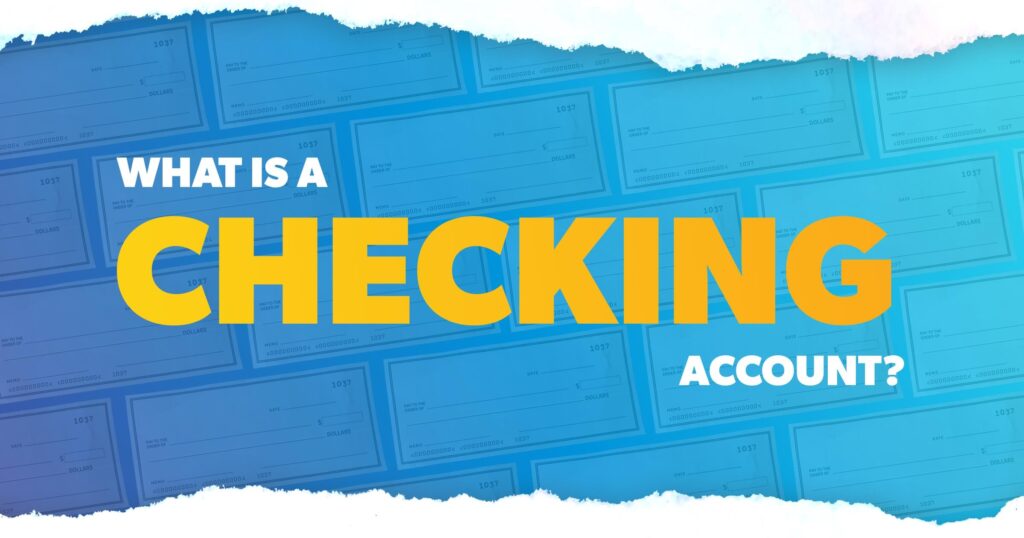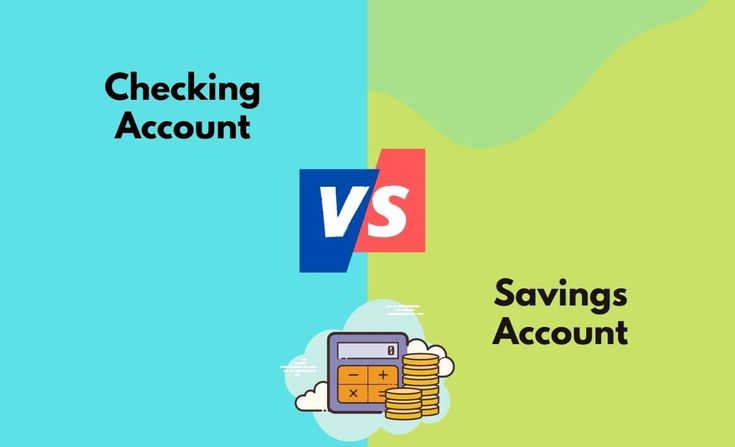Starting a business requires planning, patience and a lot of paperwork. Here’s how to start a business, step by step.
As Steve Jobs said, “The only way to do great work is to love what you do.” Starting your own business is a big step toward doing work you’re truly passionate about. But before you jump in, it’s important to answer a few key questions: What problem are you solving? Who’s your target audience? What makes you stand out from the competition? And most importantly, where do you start?
What you’ll need to get started
Step to start a business | What it means | How it works |
|---|---|---|
Business idea | What you’ll sell or offer | Products, services, content |
Market check | Make sure there’s demand | Google, social, quick surveys |
Name + setup | Pick a name and legal structure | LLC, sole proprietorship, etc. |
Register + permits | Make it official and legal | Local government sites |
Finances + insurance | Keep money safe and covered | Business account, QuickBooks |
Brand + website | Create your look and get online | Logo, domain, website builder |
Start marketing | Let people know you’re open | Social, SEO, flyers, email |
Starting a business takes research, smarts and self-confidence — and a measure of fearlessness. You may already be asking yourself: How can I start my own business with no money? What’s the right equipment? Am I getting the best advice?
Here are the essential steps on how to start a business, from choosing the right business idea, creating a solid business plan and structuring your company to opening a business bank account and choosing the right accounting software.
How to choose the right business idea – 10 smart tips
Got a great idea but not sure it’s business-ready? The best ideas solve problems, meet market demand and play to your strengths. Starting fresh or refining an idea? Here’s how to come up with a business idea that works. These 10 tips will help you get there.
- Follow your passion but validate it: Passion is a great motivator but it’s not enough on its own. Research market demand to make sure there’s a real opportunity before jumping in.
- Identify a problem to solve: The best businesses solve real problems. What frustrates you or others? A simple solution to a common pain point is often where great ideas begin.
- Assess your strengths and skills: Build on what you’re naturally good at. Your experience, expertise and talents can give you an edge and make starting out easier.
- Check for market demand: A great idea only works if people are willing to pay for it. Do some research, look at trends and talk to your target market before going all in.
- Test before you invest: Start small. Try a pilot, build a landing page or sell a simple version of your product to see if there’s interest before committing fully.
- Think about scalability: A hobby can make money but can it grow into a full business? Consider if your idea has the potential for long-term growth and scalability.
- Evaluate startup costs and profitability: Some ideas need big investments while others can be bootstrapped. Make sure your business model is sustainable and financially sound in the long run.
- Consider your ideal lifestyle: Do you see yourself running a remote business, opening a local shop or growing a high-growth startup? Your business should fit the lifestyle and work-life balance you want.
- Analyze your competition: Competition is good—it shows demand exists. Study your competitors to see what they’re doing well and where you can stand out.
- Stay flexible and open to change: Great business ideas evolve over time. Be ready to adjust, refine or pivot based on customer feedback and market trends.
1. Find the right opportunity
What business should you start? It depends on your expertise, plus how much time and money you’re able to invest. Some small-business ideas can be launched from home with little overhead, and e-commerce and remote businesses have become increasingly common in the wake of the COVID-19 pandemic.
As you narrow your scope, you also want to be sure that your idea can actually make money.
2. Write a business plan
A strong business plan can help you prepare for every aspect of your business. Plus, you’ll need one to present to potential investors and lenders. This document should include details of the products or services you plan to offer, how you plan to make money, who you need on your team and more.
You’ll also want to include detailed financial projections, budgets and thorough explanations of how you plan to spend investor dollars or loans. Since cash flow projections will fluctuate as you adjust projected income and expenses, it helps to think of the plan’s financials as a living, changing document.
Ultimately, your business plan will help you chart a course for your business, anticipate potential roadblocks and work out how to overcome them — and will likely go through multiple iterations before your idea comes to fruition. Industry colleagues and accountants may be able to provide valuable feedback on how realistic your projections look and point out any overlooked costs.
3. Choose a business structure
The legal structure of your business can affect everything from your taxes to what you’re liable for. For example, there’s no legal distinction between a sole proprietorship and its owner. Limited liability companies (LLCs) and their owners, however, are considered separate entities by law, which can provide more personal asset protection.
Talking with a tax professional can help you choose the right business structure for you. And you can change your structure as your business grows.

4. Get a federal tax ID
Getting an employer identification number (EIN) is necessary for most businesses to file taxes, open bank accounts and perform other essential tasks. Even if you don’t have employees, there are benefits to getting an EIN. It’s free to apply and the online application only takes a few minutes.
5. Apply for licenses and permits
In general, restaurants need health inspections and liquor licenses. Hair stylists need cosmetology licenses. Your city may require you to apply for a business license regardless of what field you’re in. And if you’re renovating a space to sell products or perform services, you may need to ask local officials for a zoning change.
Set aside time early on to find out what licenses and permits you need before you can open your doors. While you don’t typically need a lawyer to apply for a business license, they can help you navigate the process and review other documents, like lease agreements or loans, before you sign them. Industry associations, city officials who work on economic development issues and local business associations, like your Chamber of Commerce, may be able to offer advice, too.
6. Open a business bank account
Keeping your business and personal finances separate is key to managing your business finances. It’s standard bookkeeping hygiene and makes it easier to deduct business expenses come tax time. Opening a business bank account is easy and often free.
7. Understand your startup financing options
Most businesses need a little capital to get started. However, the majority of business loans are not available to businesses that have been operating for less than six months, and most online lenders prefer at least a year in business. Startups should consider alternative financing options, or try to leverage other strengths of their business, such as strong credit or collateral. If your business does qualify for a loan, be sure to pay attention to interest rates, potential prepayment fees and personal liability terms.
Many business owners rely on their own savings to get started. You can also look into crowdfunding, personal loans, business grants and more. High-growth-potential startups may also be eligible for equity financing, which gives partial ownership, or equity, to investors in exchange for capital.
8. Get a business credit card
Business credit cards can also be used as a short-term financing solution to help you purchase necessary supplies and pay bills while cash flow is still shaky. Just be sure to spend within your limit and pay off your balance in full each month so you don’t get into a cycle of debt. Startup financing aside, business credit cards also make it easier to keep business and personal finances separate. As an added bonus, you can also earn rewards, such as cash back, on the money you spend.
9. Choose the right accounting software
It’s essential that you keep records that show how much revenue you’re bringing in and how much you’re spending. Accounting software helps you track and analyze these numbers by generating reports and recording sales trends — and there are even some free options.
As your business grows, you may want to start working with a bookkeeper. This person can help ensure your records are complete and accurate, which makes it easier to file your taxes, apply for financing and more.
10. Prepare to pay your taxes
You’ll have some new tax responsibilities as a business owner — including, potentially, the need to pay taxes throughout the year, not just during tax season. But you’ll probably discover some new tax breaks, too.
If you’re self-employed and making quarterly tax payments, set money aside for those payments ahead of time. Filing taxes can be complex, especially as a small-business owner. Developing a relationship with a tax professional early on can help set you up for success, and they can be a trusted adviser to your business later on.
11. Protect yourself with business insurance
It’s important to protect your business and your personal assets, and business insurance exists to do just that. You may also need insurance to comply with a contract, like to set up a booth at an event or work as a subcontractor on a larger project.
12. Establish your online presence
An online presence is critical for almost every business — especially if you want to sell products online. Setting up a website and social media profiles early on, even if they’re simple, can help you start developing relationships with potential customers right away.

13. Set up a payments system
If your business takes credit and debit cards, you’ll likely need a payment processor and point-of-sale (POS) system. Lots of POS system providers double as processing companies, which can make the decision-making process simple. Remember to consider upfront hardware costs for card readers or POS registers, monthly POS software fees and processing fees. Online payments typically have higher processing fees than in-person payments, so be sure to consider the full range of fees when choosing your provider.
14. Hire employees
You may not need to hire employees right away — and some small-business owners prefer to remain solopreneurs throughout the life of their business. But if you do choose to hire, you’ll probably need workers’ compensation insurance, payroll software and more. Here’s what goes into hiring your first employees.
15. Get financing to grow your business
Once you’ve been in business for six to 12 months, you may start qualifying for business loans. Financing can help your business grow and expand — by buying equipment, renovating an office or expanding your inventory, for instance — or float you through a slow season while you prepare for increased future revenue.










